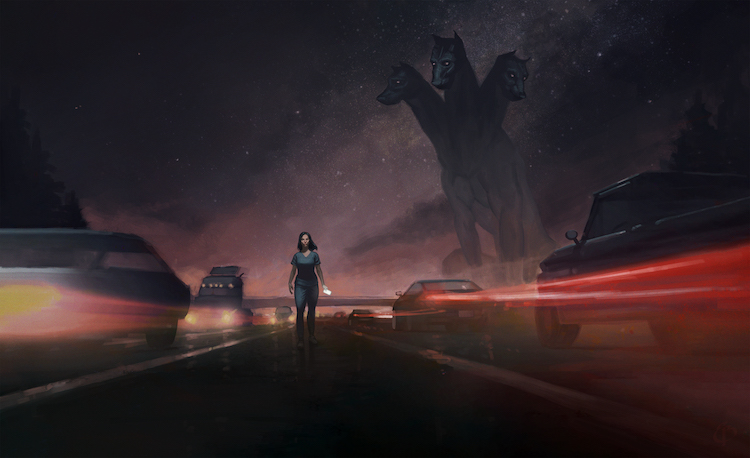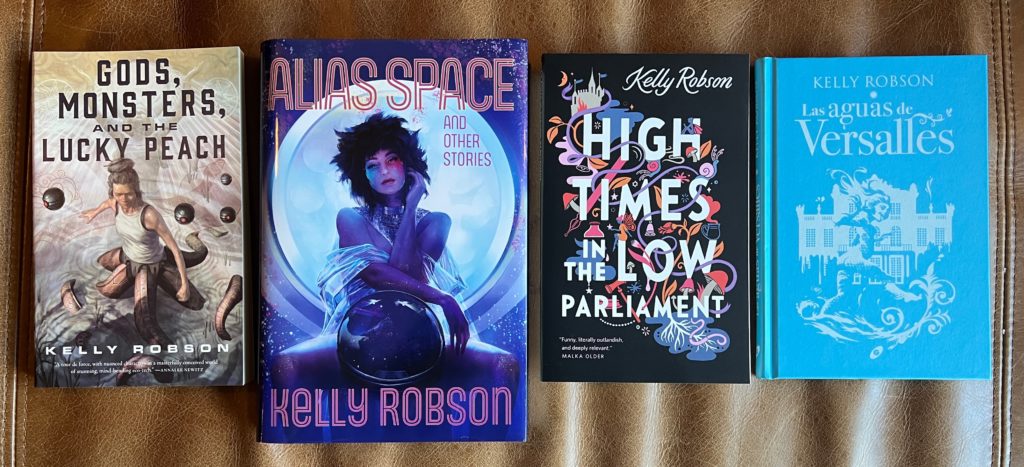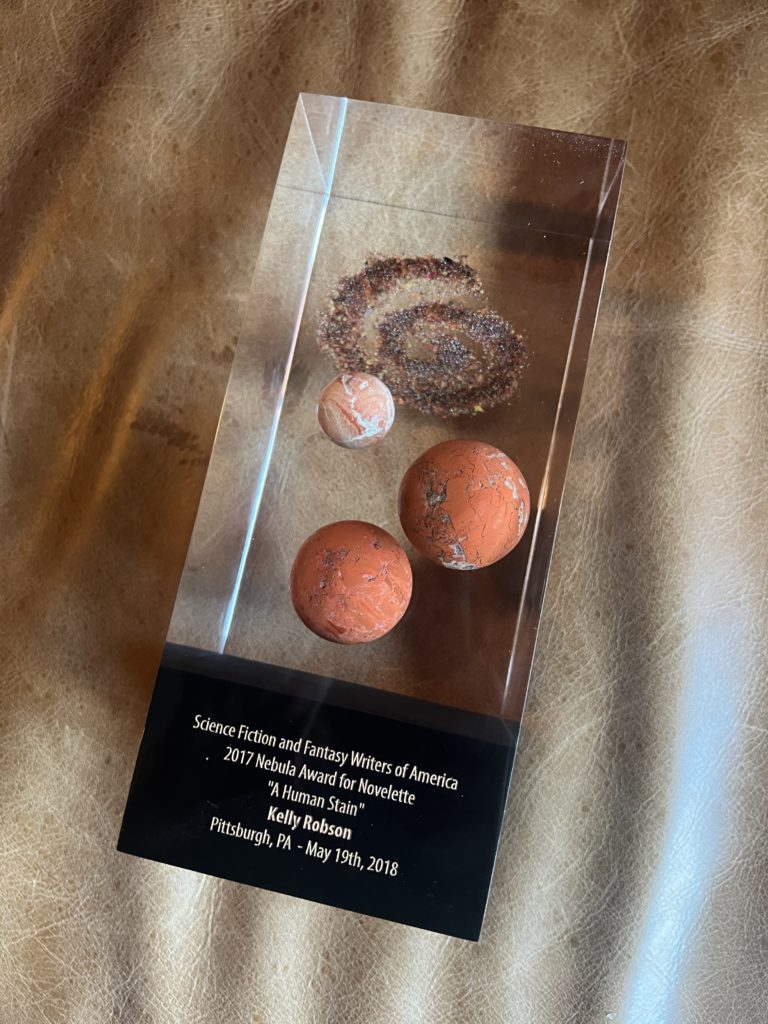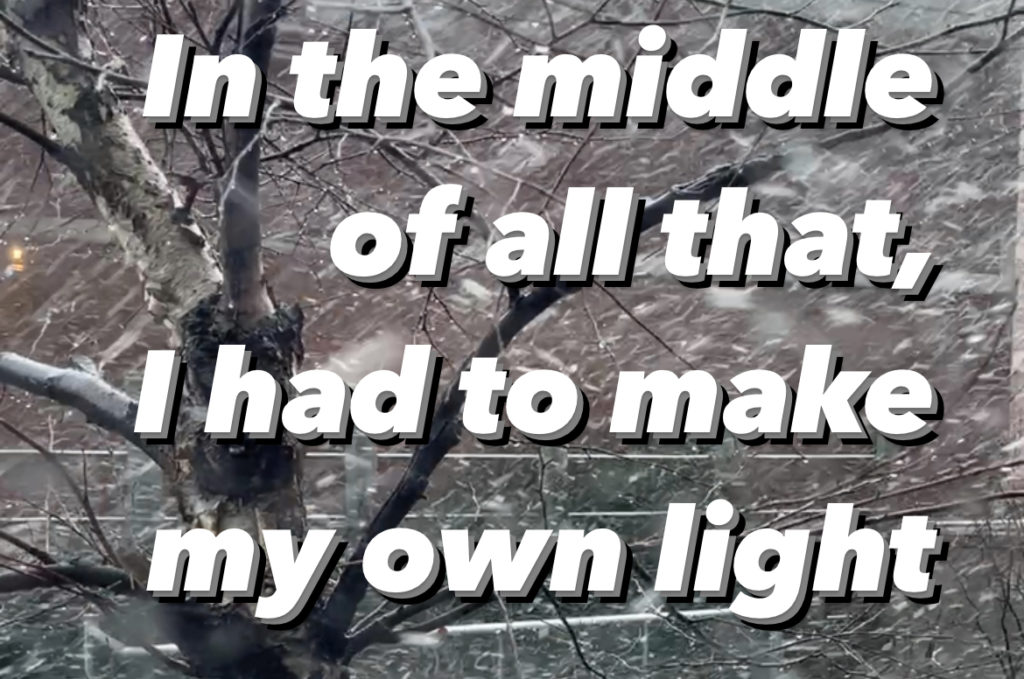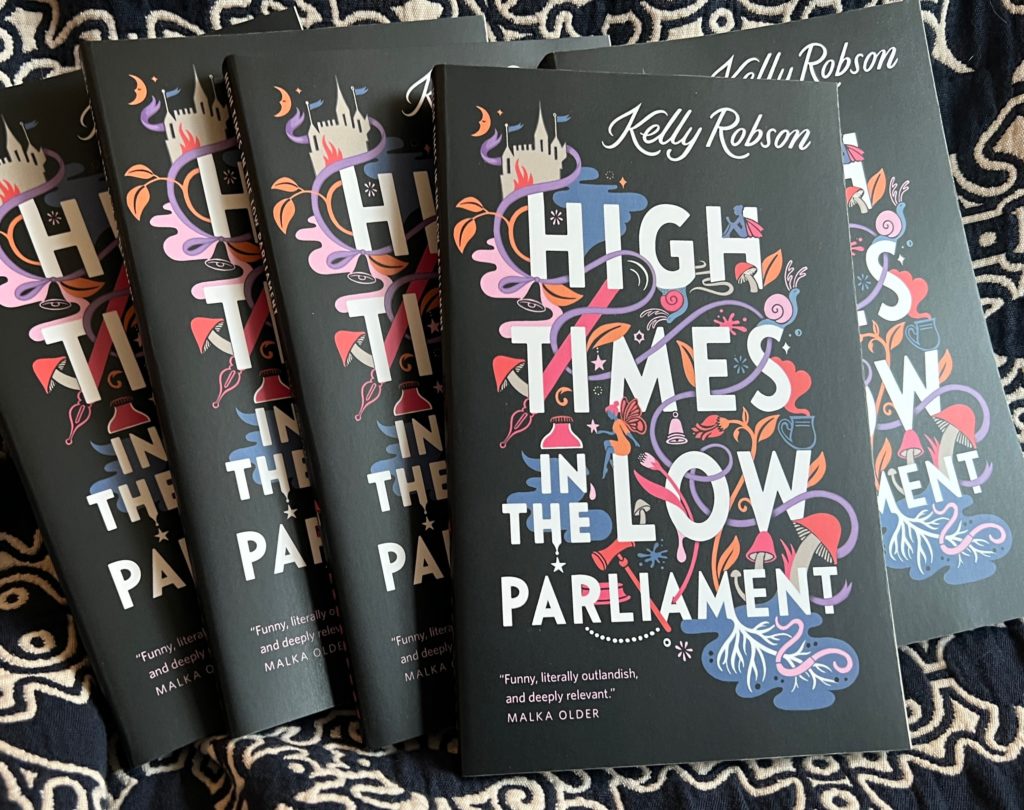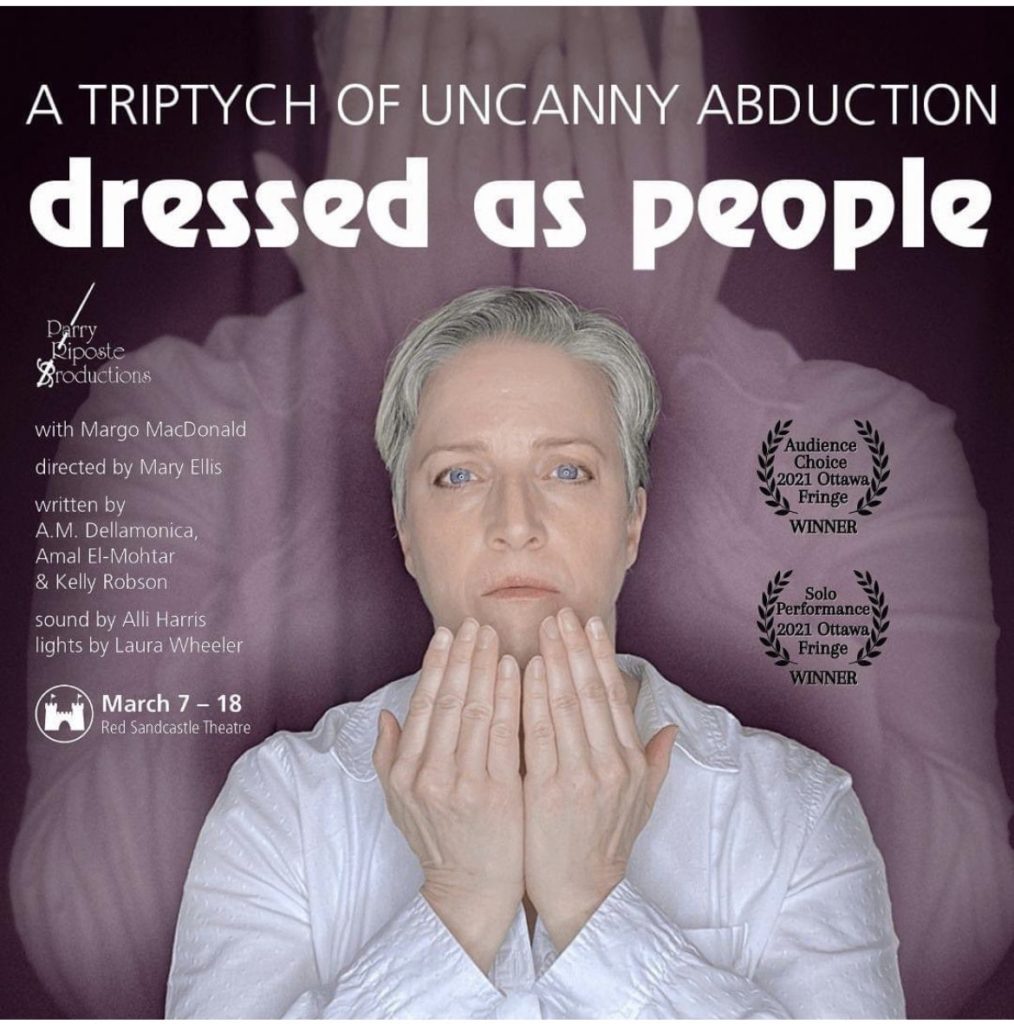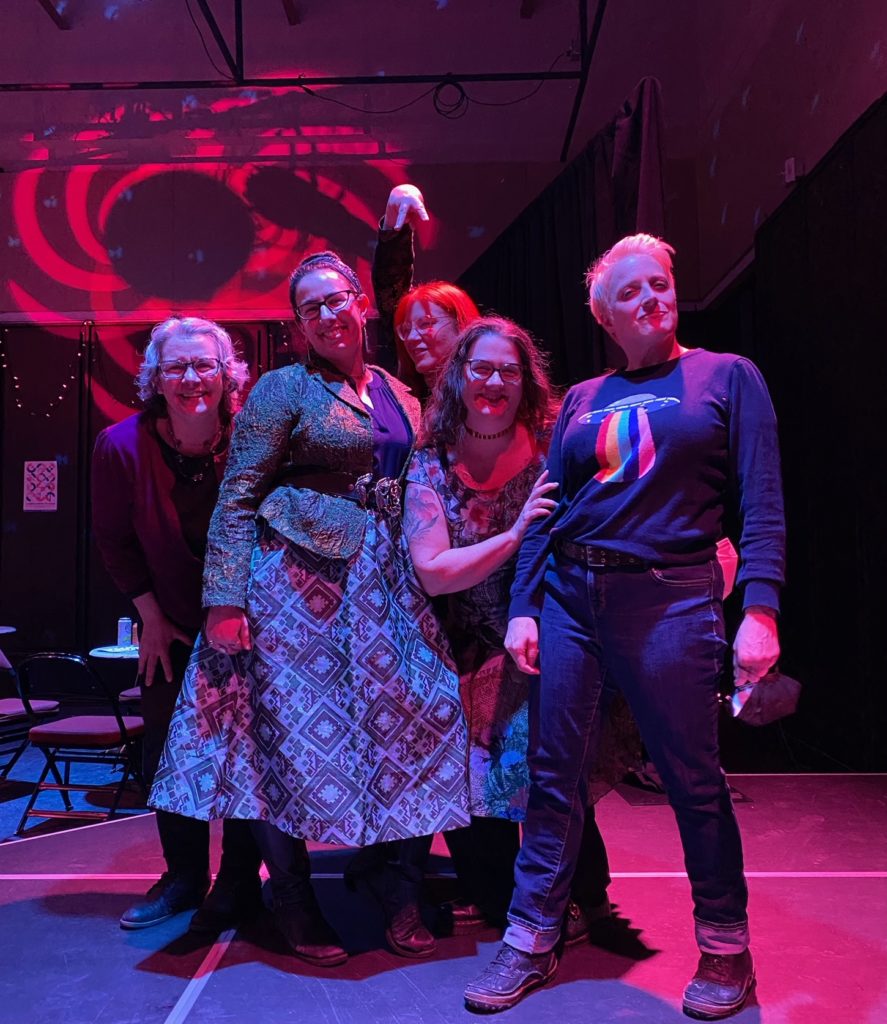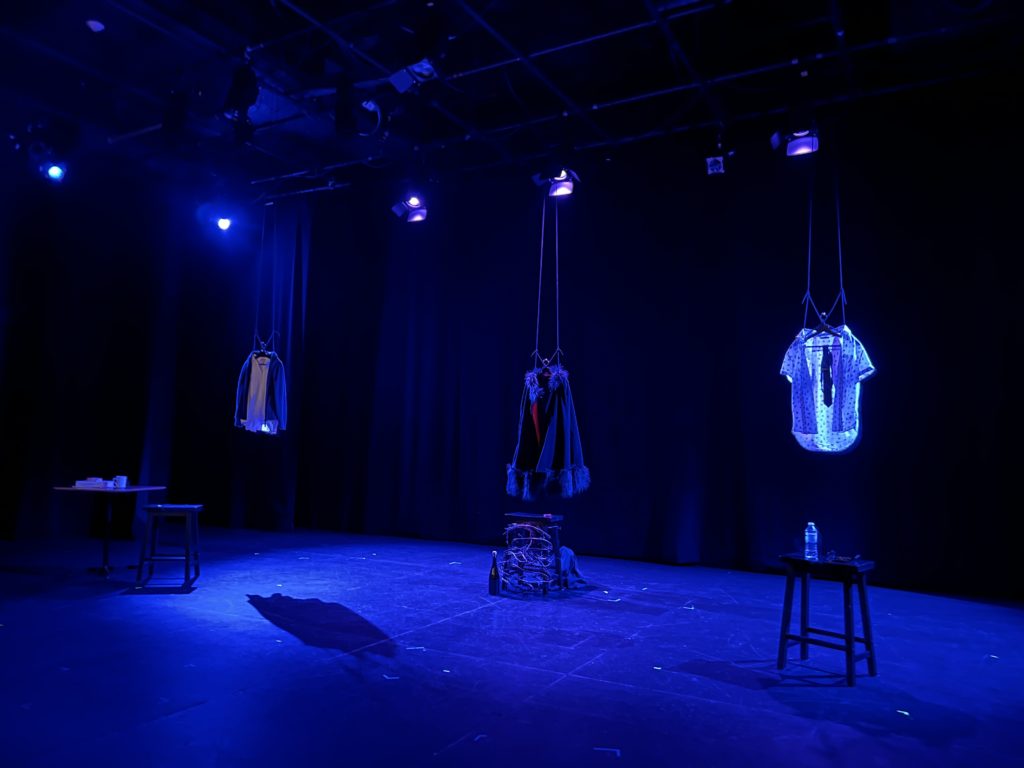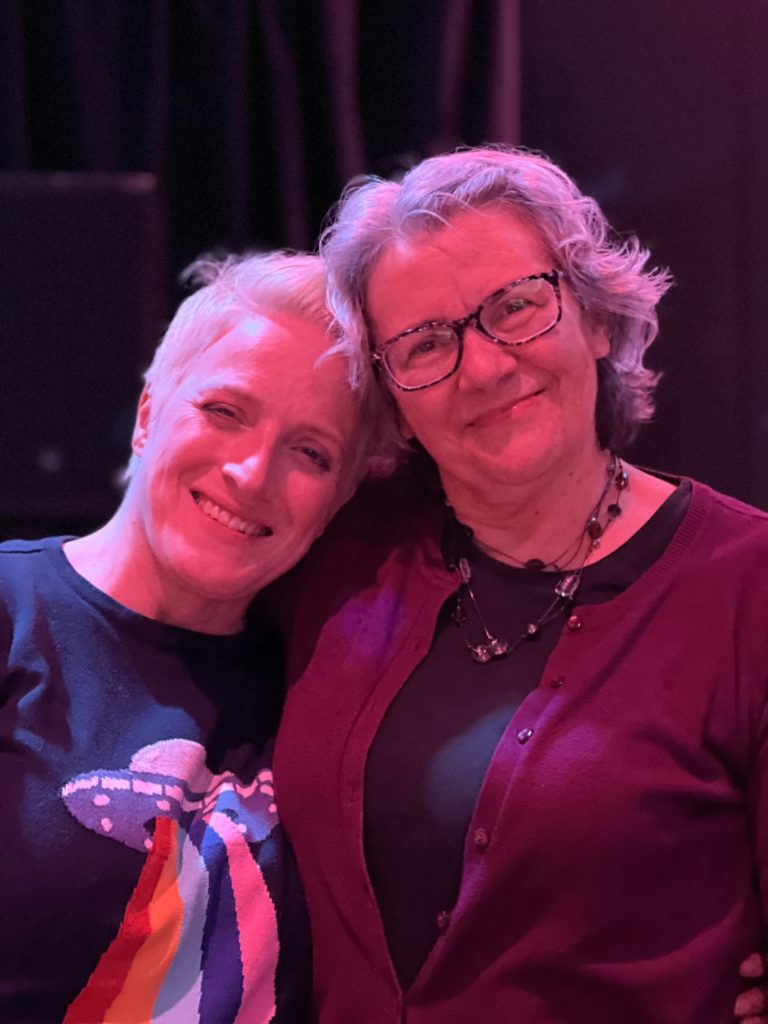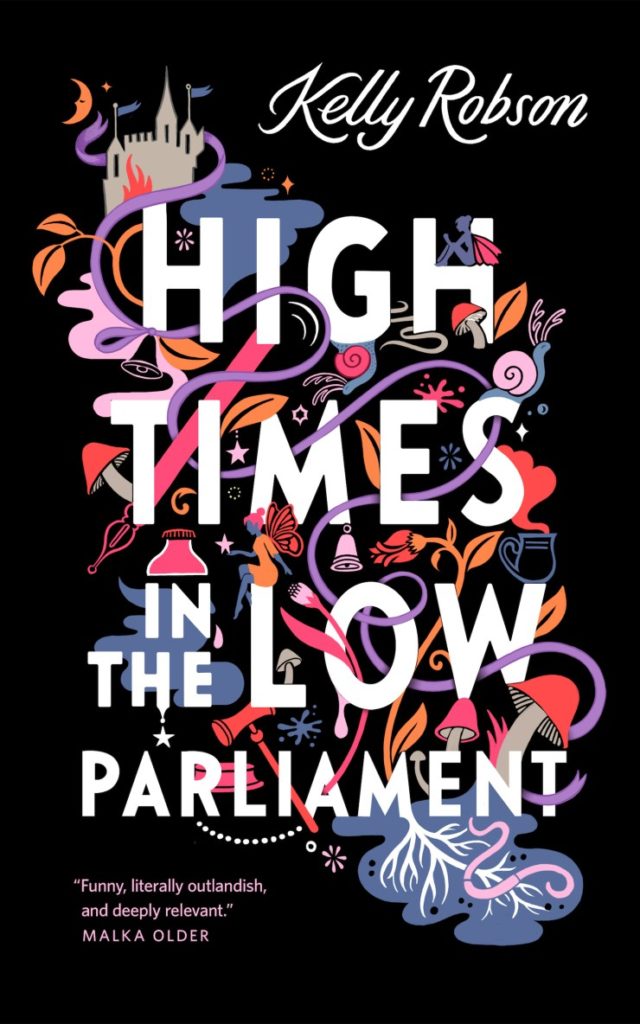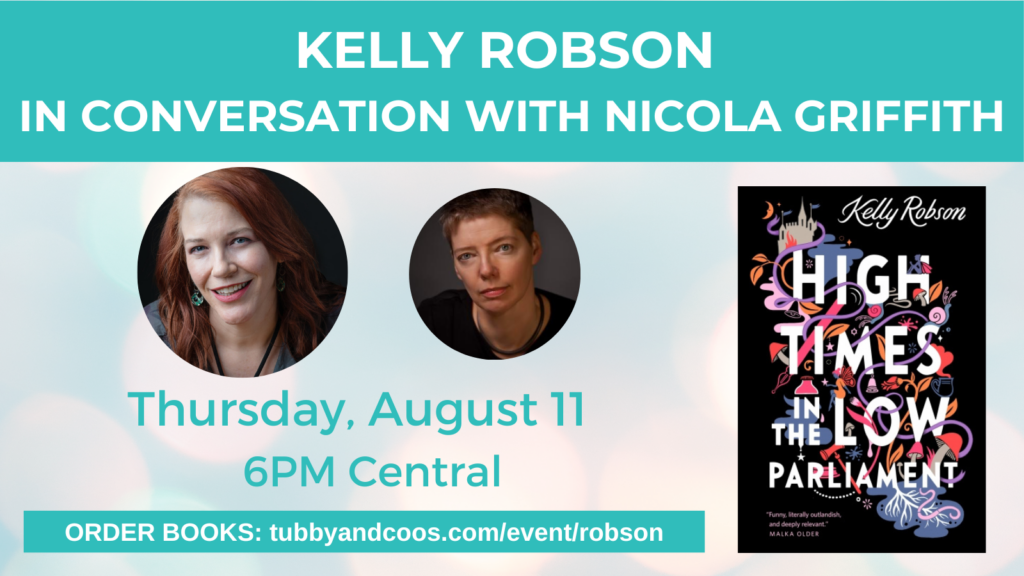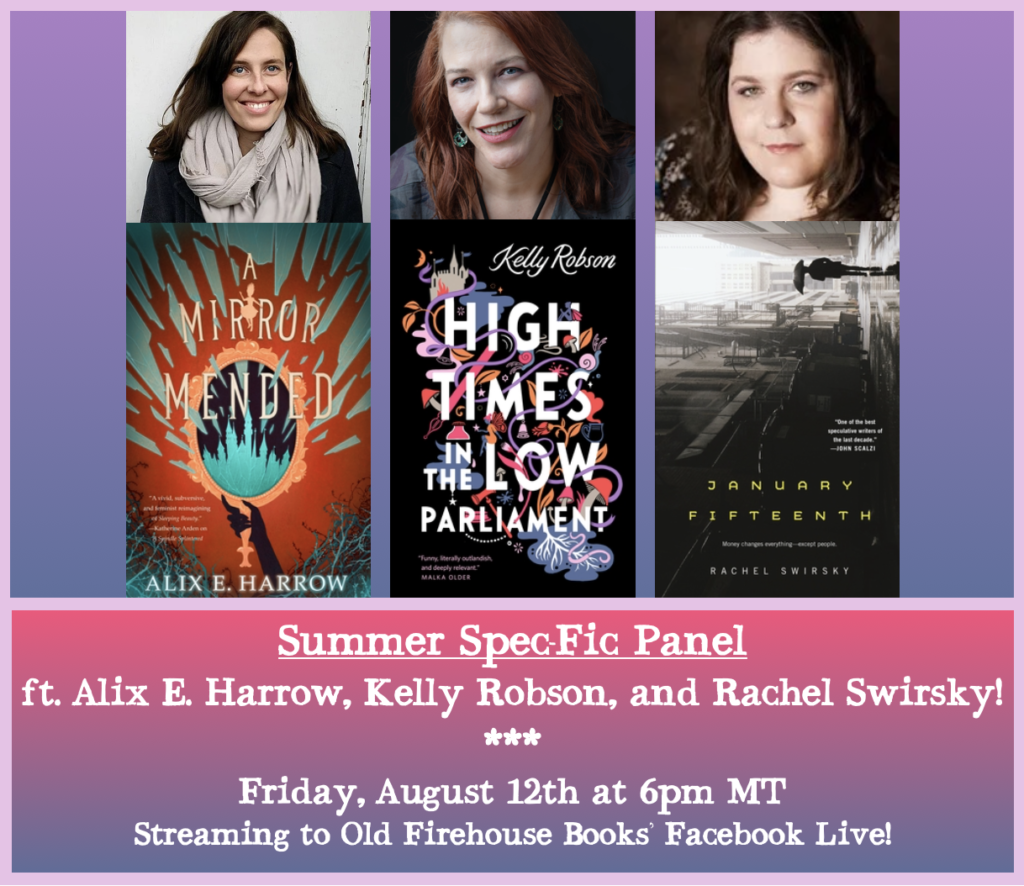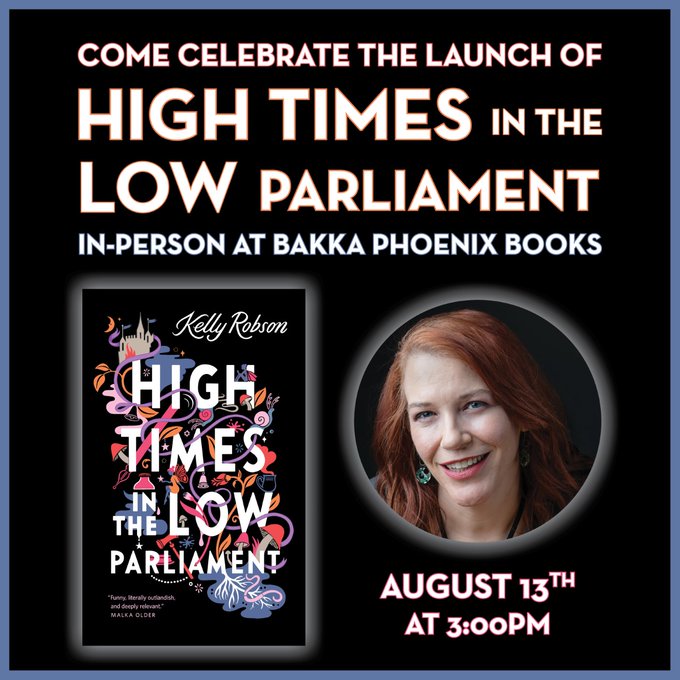I’ve always found description really hard. Though some writers see a scene in their mind’s eye, I don’t see a darned thing so describing something from imagination it is hard. But a daily exercise lately has been making a difference
For a few months now, I’ve been making #witchyskeet
posts on Bluesky with photos of interesting houses I find on my Google Street View rambles. This fun little activity puts to good use my passion for exploring on StreetView, and lets me post interesting and beautiful places that make me happy. After doing it for a few weeks and finding great pleasure in it, I began forcing myself to describe the photos in the alt text.
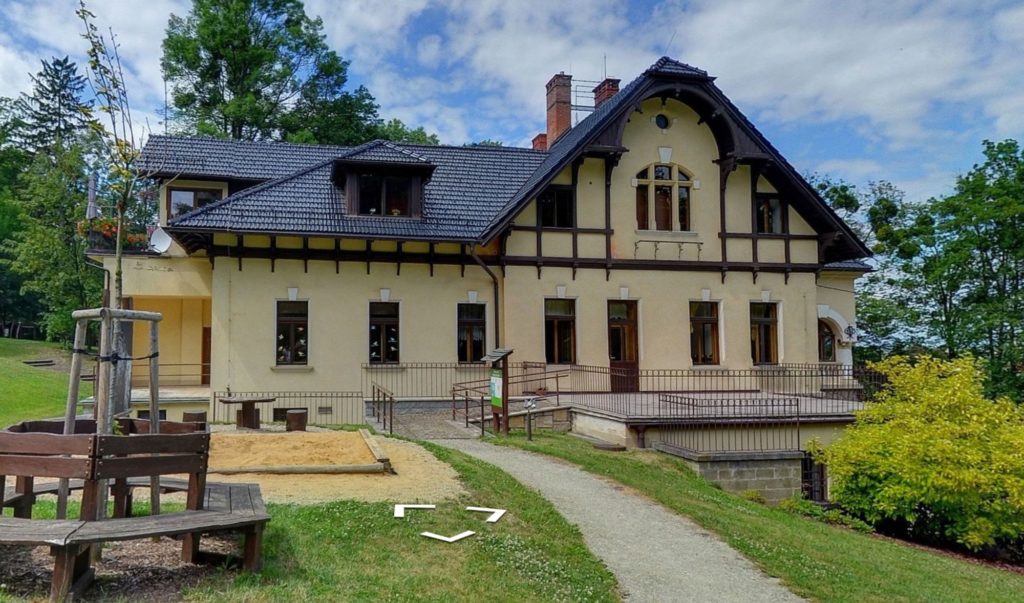
Alt text: A large two story house in tan stucco, with a new black roof corrugated like snake scales, and a suggestion of chocolate-colored half timbering on the upper level. A green lawn in the foreground, with a paved path leading up to the accessibility ramp. Tall, narrow windows on the ground floor, framed in dark caramel wood. The eves form an arch over a paned, arched window under the peak, with a single small porthole window above, and smaller windows to either side. There’s also a small gabled window in the roof to the left. Green trees all around.
I didn’t want to write the alt test. Description, ugh! So hard! But I felt it was ethical to do so, so I forced myself to do it. Nothing fancy, no trying hard, just describing what I see as accurately and completely as I had patience for.
And surprisingly, not long after, when working on the historical fantasy story “The High Cost of Heat,” I found my drafting more vivid, more easily descriptive.
Never before have I found writing exercises of much benefit, but this one sure is. A little daily stretch of the descriptive muscles gave me some images I never would have found before. What felt like an ethical obligation turned into something that really benefits my writing, so I’ll keep doing it daily and reaping the rewards.
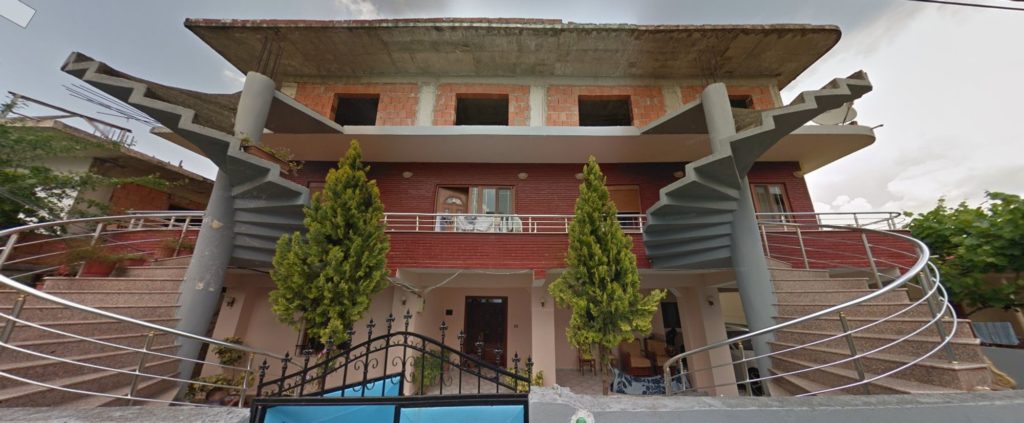
Alt text: From a low angle, a pink, orange, and red house looms over us. The upper level is orange brick. The middle level is red brick but not the usual color of red, this is rosy and very saturated. The lower level is pink stucco. The roof is flat. Curving from the ground level on both sides are circular staircases, in pink marble, with silver guardrails. Continuing on from the second level, the stairs are grey (we can only see the undersides of them) and there are no guardrails! On the top level, the windows are square holes with no glass, dark inside.

